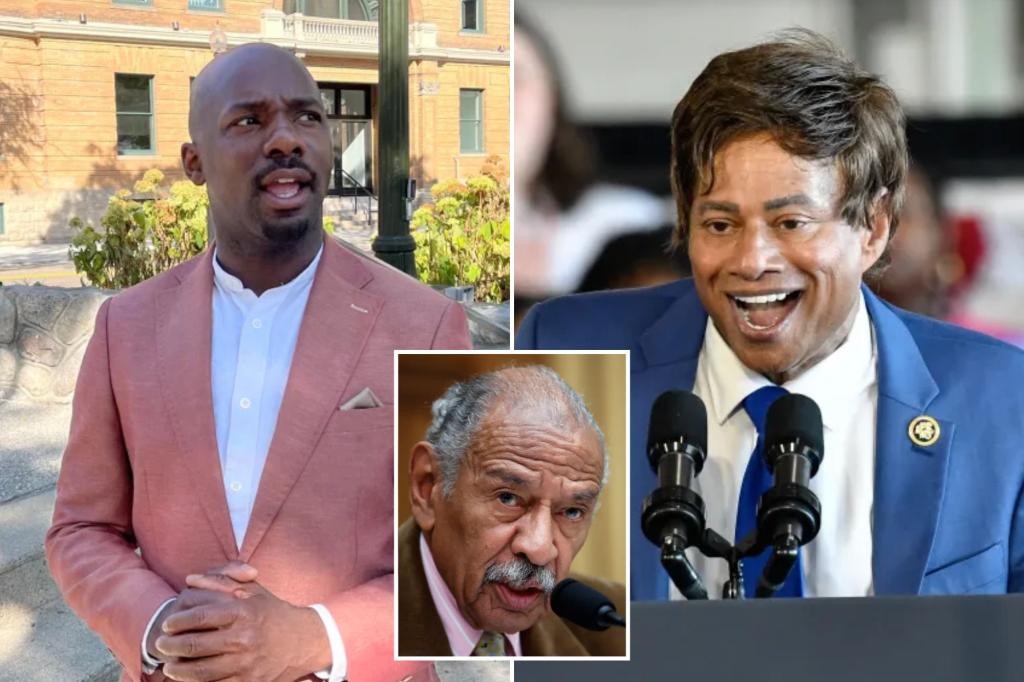The race for the Michigan House seat once held by the late John Conyers features Democratic Rep. Shri Thanedar, an Indian-American, and underdog black Republican Martell Bivings. Bivings faces an uphill battle in deep-blue Detroit, where Republicans have not held elected positions in decades. Thanedar, known for his significant campaign fundraising, has raised $7 million for this year’s contest and is seen as a formidable opponent. However, Bivings remains undeterred, despite a lack of belief among Republicans that his race is worth investing in.
The 2024 contest is a rematch of the 2022 race, in which Thanedar won by a significant margin. Bivings recognizes the challenges he faces but remains optimistic about his chances on election night. The National Republican Congressional Committee is focusing on races with smaller margins, suggesting that Bivings’ race against Thanedar may not be a priority. Bivings understands that he must make a compelling case for more support from the party, potentially by demonstrating how he could help bring Donald Trump votes in Detroit.
Bivings believes that impoverished neighborhoods may be more likely to vote Republican, contrary to popular belief. However, he has struggled to attract significant donors, with many writing small checks instead of larger contributions. Despite optimistic talk among Republicans about Trump’s appeal to black male voters in cities like Detroit, Bivings remains skeptical. He understands the challenges of getting these voters to the polls and worries that they may not prioritize voting on Election Day.
The unlikely matchup between Bivings and Thanedar highlights the diversity and complexity of the political landscape in Detroit. While Thanedar’s substantial fundraising gives him a clear advantage, Bivings remains determined to challenge the status quo and represent his community in Congress. The race reflects broader trends in American politics, including the shifting demographics and strategies of political candidates vying for elected positions. Ultimately, the outcome of this race will have implications for the future of representation and diversity in Detroit and beyond.















